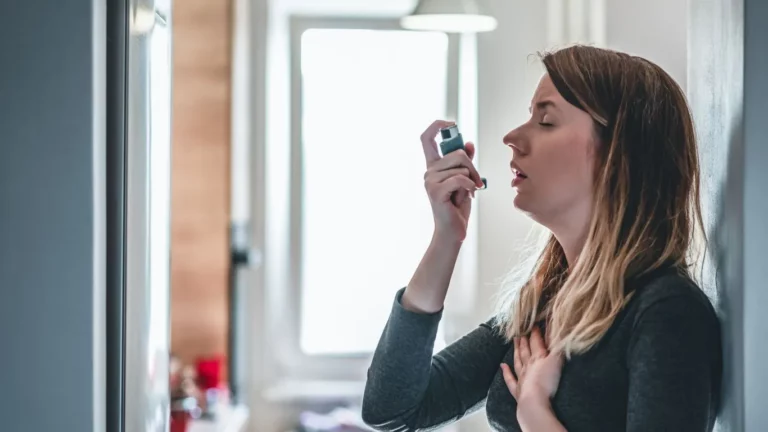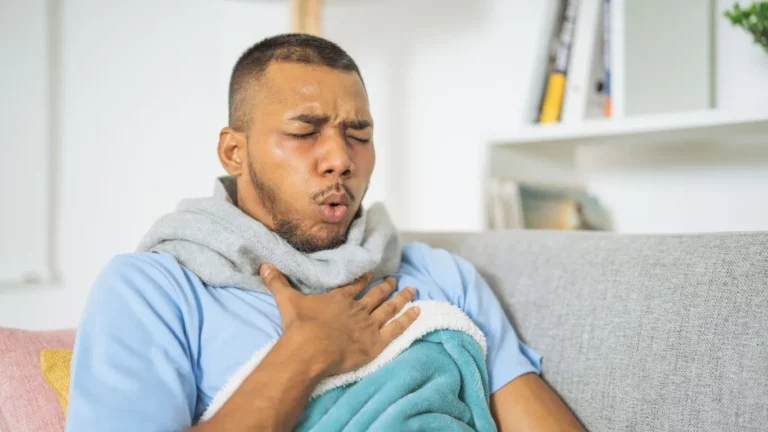🌸 Hypertension in Women Over 50: What You Need to Know and How to Manage It
So, here’s the thing—hypertension, or high blood pressure, is one of those health problems that creeps up without you even noticing. You might be feeling fine, going about your day, and suddenly—bam! Your blood pressure’s higher than it should be. And it’s especially tricky for women over 50. It’s like your body changes on you, and this is one of those things that can make you stop and think, “Wait, what just happened?”
I get it—figuring out how to manage your health as you get older is overwhelming. But trust me, once you know the signs and how to keep it in check, you can live a full and healthy life.
What exactly is hypertension?
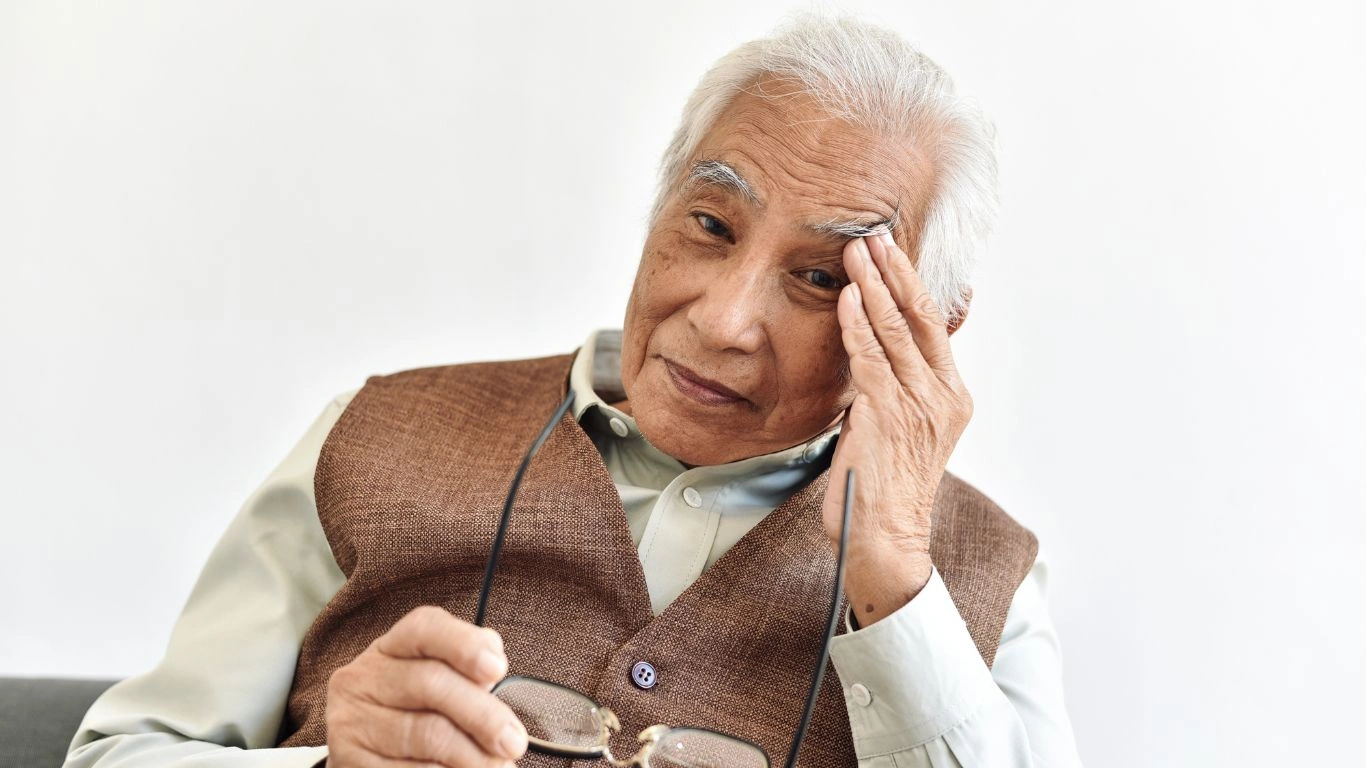
In simple terms, it’s when your blood pressure is consistently too high. It’s basically your heart working overtime because your arteries are under extra pressure. And if you don’t deal with it, it could lead to some serious stuff like heart disease, strokes, or kidney problems. No thanks, right?
Why does hypertension affect women over 50 more?

Great question. As women hit the big 5-0, a few things change in their bodies—one of them is menopause. When estrogen (that helpful hormone) drops during menopause, it can raise your blood pressure. So, that’s already a risk factor you can’t control. Plus, as we get older, other things like family history, diet, stress, and lack of exercise all add up.
What are the symptoms to look out for?
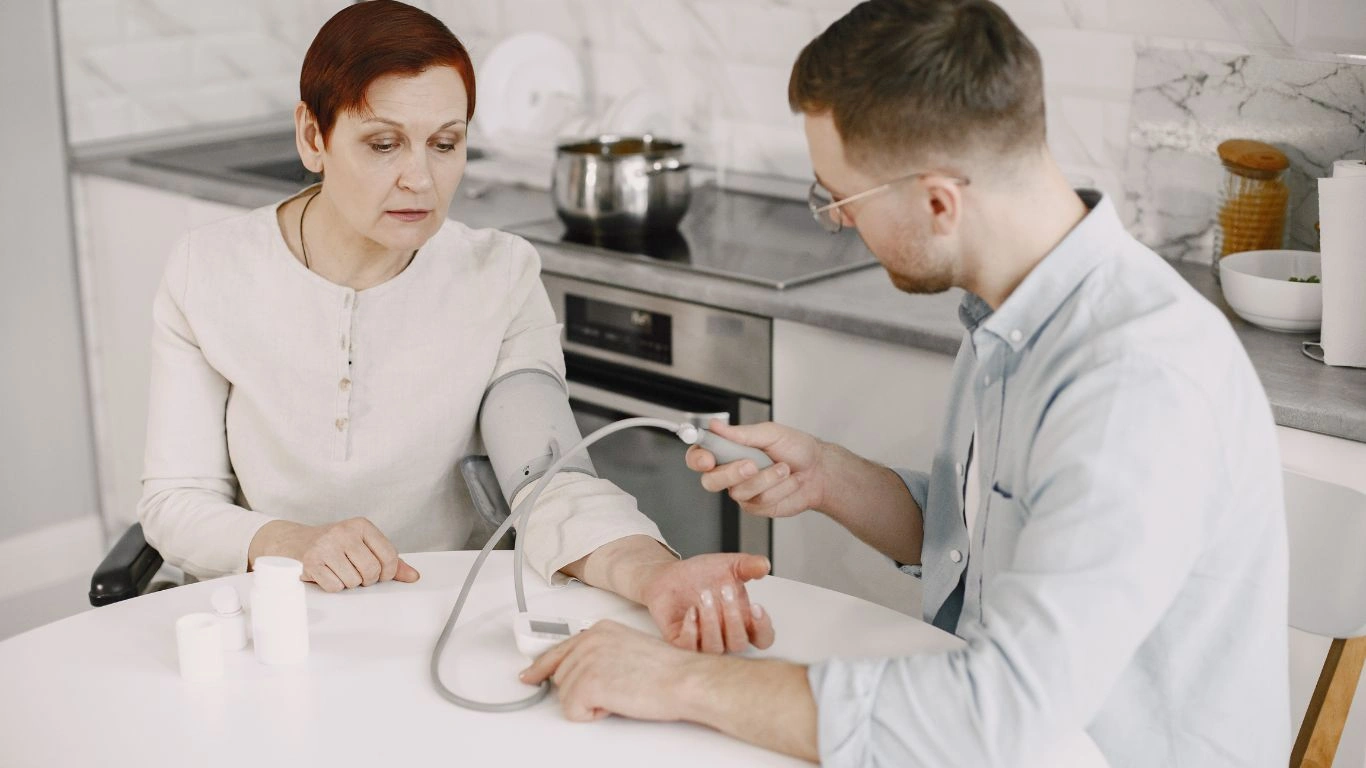
Here’s the tough part: Hypertension is often called the “silent killer” because you can have it and not even know. There’s no dramatic “I feel sick” moment. But, if you do experience any of the following, it’s time to check in with your doctor:
- Feeling dizzy or lightheaded
- Sudden headaches (and I mean the kind that don’t go away)
- Shortness of breath
- Chest pain (if this happens, don’t wait—go to the doctor ASAP)
If any of this sounds familiar, it might be time to pay more attention to your blood pressure.
How do you keep your blood pressure in check?
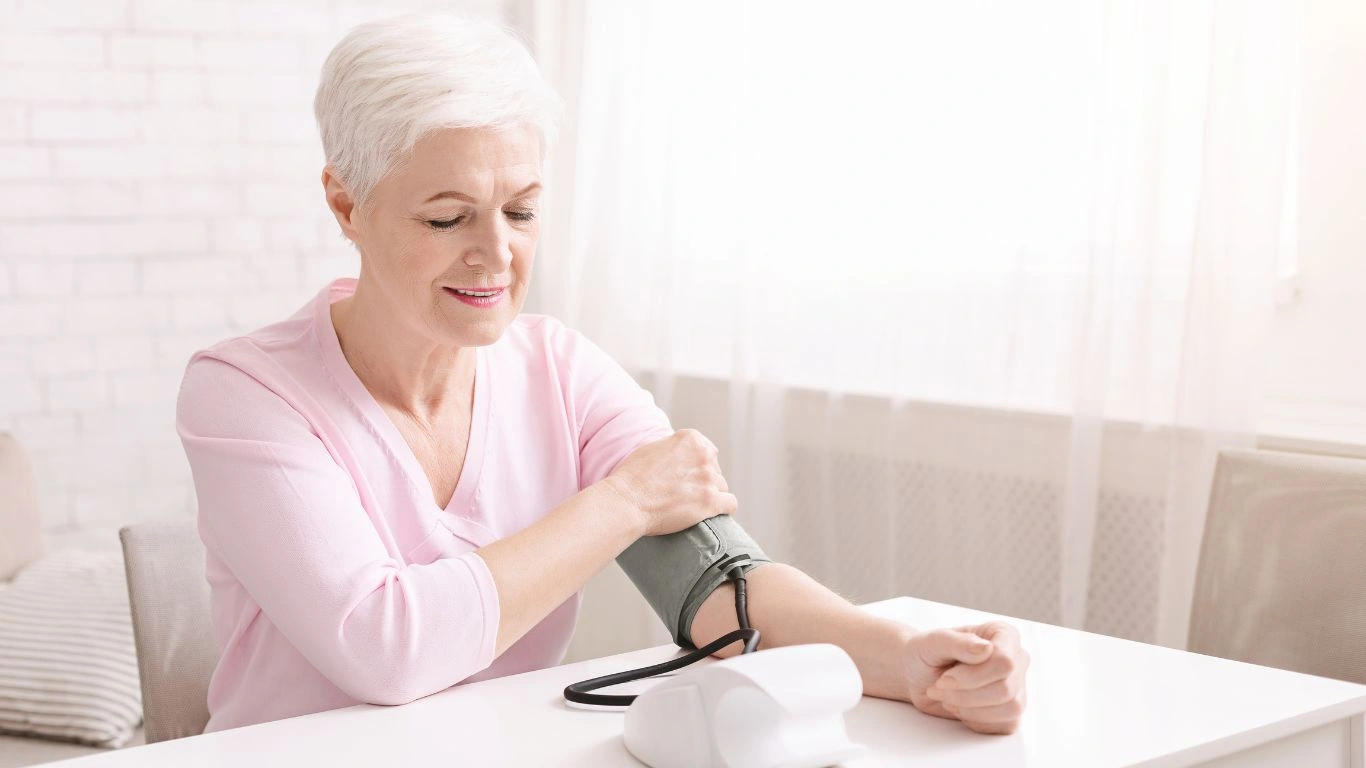
The good news is, there’s a lot you can do to manage it. I’ll be real—staying on top of it is a mix of lifestyle changes and, sometimes, medication. But don’t stress; you can do this!
1. Eat a heart-healthy diet 🥦🍎
I know, I know. The word “diet” can be a buzzkill. But it’s all about making simple changes. Start by eating more fruits, veggies, whole grains, and lean protein. Try swapping salty snacks for almonds or fruits. It’s little tweaks that add up. And trust me, you’ll feel better once you get the hang of it.
2. Get moving 🏃♀️
Exercise doesn’t have to mean spending hours at the gym. A brisk walk every day or a quick 20-minute workout at home can work wonders. Moving more can help lower your blood pressure, manage weight, and boost your mood. Win-win!
3. Manage stress 🧘♀️
Stress can seriously mess with your blood pressure. I’ve found that things like yoga, meditation, or even a simple breathing exercise can work wonders. The key is finding what helps you unwind and sticking with it. Even 5 minutes a day can make a difference.
4. Keep track of your blood pressure 📊
I really recommend having a blood pressure monitor at home. It’s super easy to do and gives you peace of mind. Plus, it’s a good way to spot trends before they become a bigger issue.
5. Take your meds as needed 💊
Sometimes, lifestyle changes alone aren’t enough. If your doctor prescribes blood pressure meds, don’t skip them. They’re there to help. It might take a little time to find what works for you, but trust me—it’s worth it.
Troubleshooting Common Issues
Okay, real talk. Managing hypertension isn’t always a smooth ride. Here are some common hiccups people run into and how to deal with them:
Sticking to a healthy diet
It’s easy to say, “I’ll eat healthier tomorrow,” right? I’ve definitely been there. But the trick is starting small. Swap out a few unhealthy snacks for something better. It’s not about perfection, it’s about progress.
No time for exercise
I totally get that life can get busy, but even a short walk during lunch or 10-minute workout at home can make a difference. It doesn’t have to be hours at the gym!
Medication side effects
Some blood pressure meds come with side effects like dizziness or feeling tired. If this happens to you, don’t ignore it! Talk to your doctor—they can adjust your meds or find a different solution.
Case Studies / Success Stories
Sometimes it helps to hear how others have tackled this issue. Here are a couple of real stories:
Susan’s Story: From High Blood Pressure to Healthy Living
Susan, 57, found out she had high blood pressure after a routine check-up. She was a little overwhelmed at first but decided to take action. She swapped out her usual snacks for fruits, started walking daily, and committed to the DASH diet. Within three months, her blood pressure dropped significantly. Susan says she feels more energized than she has in years.
Mary’s Story: Managing Stress for Better Health
Mary, 63, had hypertension due to the stress of work and family responsibilities. It felt like there was always something on her plate. After trying some yoga and breathing exercises, Mary learned how to manage her stress better. Her blood pressure improved, and she says she feels calmer and more in control of her health.
Key Takeaways
- Hypertension is more common in women over 50, especially due to menopause and other lifestyle factors.
- You can manage it by making small changes like eating better, moving more, and reducing stress.
- Medications can help too, but they should be part of a broader plan.
- It’s never too late to take charge of your health, and you don’t have to do it alone.
FAQs
1. Can menopause cause high blood pressure?
Yep, the hormonal changes during menopause can increase the risk of hypertension. Estrogen helps protect your heart, and as those levels drop, it’s easier for blood pressure to go up.
2. What’s a good blood pressure for women over 50?
Ideally, you want your blood pressure to be under 120/80 mmHg. If it’s higher than that, you’re in the elevated or high blood pressure range.
3. How can I know if my blood pressure is high?
That’s the tricky part—it’s often symptom-free. That’s why checking your blood pressure regularly is key.
4. Can hypertension be reversed?
While you might not completely “reverse” it, you can definitely manage it and keep it under control with the right lifestyle changes and medications.
Disclaimer
This article is for informational purposes only and is not a substitute for professional medical advice. Always talk to your doctor about any health concerns or changes to your treatment plan.
Call to Action
If you’re worried about your blood pressure, don’t wait! Start taking small steps today to monitor and manage it. Share this with a friend who might need the info, and remember—you’ve got this!

Dr. Gwenna Aazee is a board-certified Internal Medicine Physician with a special focus on hypertension management, chronic disease prevention, and patient education. With years of experience in both clinical practice and medical writing, she’s passionate about turning evidence-based medicine into accessible, actionable advice. Through her work at Healthusias.com, Dr. Aazee empowers readers to take charge of their health with confidence and clarity. Off the clock, she enjoys deep dives into nutrition research, long walks with her rescue pup, and simplifying medical jargon one article at a time.

